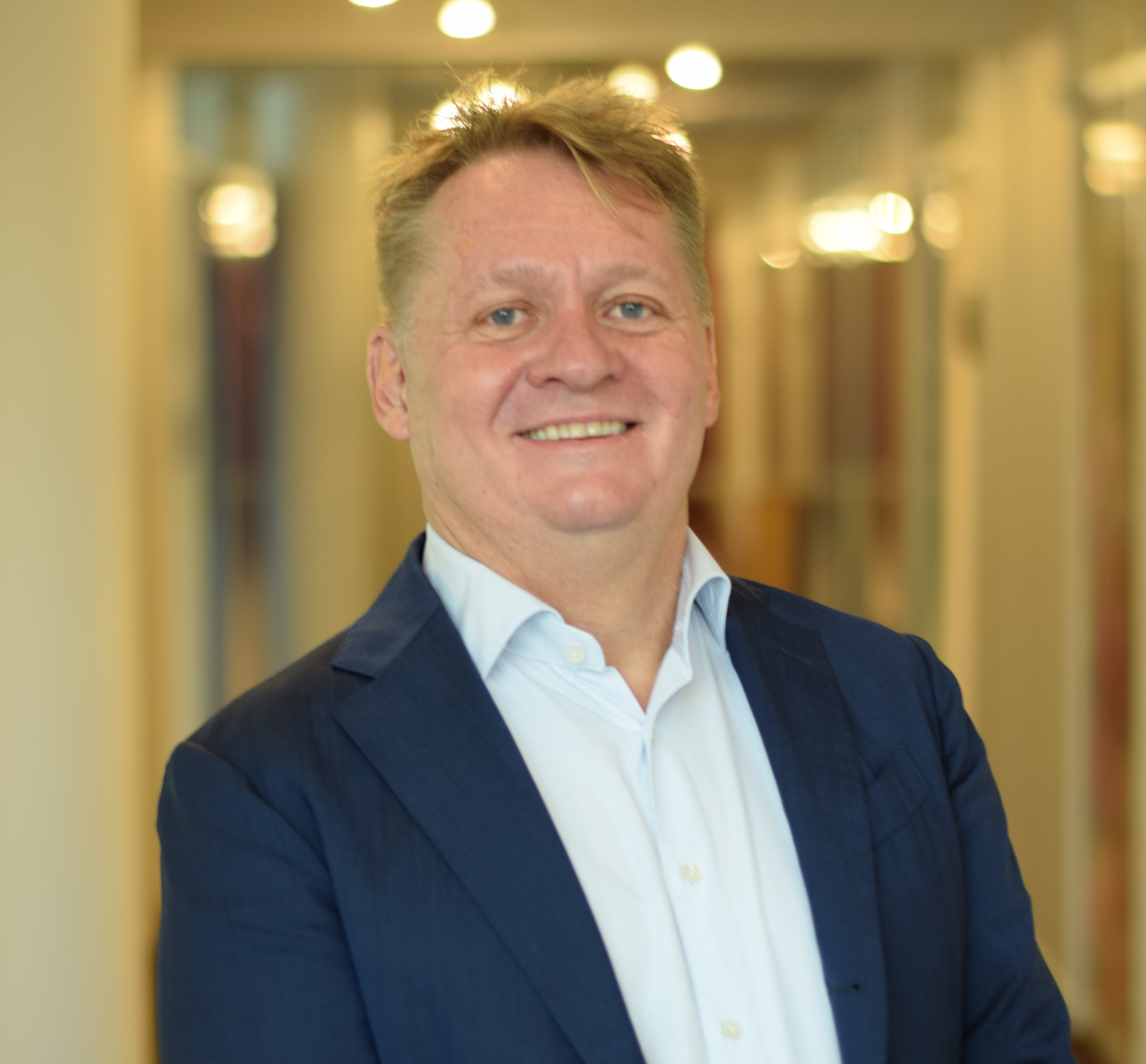The Head of IBM Denmark says AI developers with an ethical focus will win
Experience from longstanding efforts to digitalise key areas of public services has made Denmark a hotspot for the development of ethical AI, General Manager of IBM Denmark, Henrik Bodskov, believes.

In Denmark it is easy to forget just how much of a revolution has happened in digital public services.
Over the past decades, Danes have slowly but surely adopted a completely seamless digital dialogue with authorities in areas as vital as taxes, healthcare and land registration.
Putting a physical signature to paper in public-service Denmark has long since been added to grandparents’ catalogue of anecdotes from days gone by.
One of the main prerequisites for successfully transitioning from paper forms to digital handling has been a continuing focus on ensuring the trust of users.
Without this, and careful consideration of the ethical use of data, it would have been difficult to see such widespread adaptation among citizens.
A Danish sense of ethics
This has bred a by now innate sense of ethics in Danish IT developers that will be an important Danish contribution to the global development of tomorrow’s AI solutions, says Henrik Bodskov, General Manager of IBM Denmark. IBM has had a presence on the Danish market since 1950.
“Denmark has a long experience of absorbing new technology. We have a great deal of trust in new digital approaches. To a great extent, this is down to ethical behaviour in developing and implementing new technology. In the same way, ethics and trust will be crucial to the development of the next step in digitalisation using artificial intelligence,” he says.
Henrik Bodskov has enjoyed a long career with IBM in Denmark. He has worked to master the digital transition and has seen the use of artificial intelligence bloom across Danish businesses over the past few years.
At the wholesaler Lemvigh-Müller, artificial intelligence now helps the company’s sales staff navigate through a sea of products. At Sund & Bælt, which operates the Great Belt Fixed Link, sensors and drones are used alongside artificial intelligence for planning maintenance work on the combined bridge and tunnel that connects the Danish islands of Zealand and Funen. At facility service giant ISS, IBM is working to turn 25,000 sites into intelligent buildings in order to optimise management.
All of this is built on IBM’s famous AI technology, Watson.
AI is in a time of flux
Henrik Bodskov also recognises that AI is in a time of flux, not least due to rising awareness of how AI technology can be abused for surveillance, as well as the issue of a bias that can occur in self-learning algorithms.
“AI is a new hammer in the toolbox – a new hammer that we need to learn how to use. The winners of tomorrow will be those who learn to use it for constructive aims. You don’t use a hammer to go around hitting people on the head. This is the sort of humanity which we need to build into AI,” he says.
The debate on ethical use of AI has of course been fuelled by the aggressive push by the Chinese regime to use this new technology. But even in our part of the world we have had similar discussions, reflecting the extent to which an ethical focus has been imbedded as a Danish value.
“We have seen a debate on the use of facial recognition to monitor violent supporters at Brøndby Football Stadium and on how far to go in terms of allowing drones to overfly our properties to verify the BBR registry,” Henrik Bodskov states, referring to the Danish land registry which forms the basis of all property taxation in Denmark.
Making a huge shift
If we master the task of adding a human dimension to AI algorithms – which we are strongly placed to do in Denmark – we will be able to make a huge shift, he believes.
“Think of the terrible Covid-19 virus. By using new technology with AI and analytics, we can contribute to finding a vaccine much faster. And once quantum computers become widespread in the near future, we will be able to make data calculations some 40 to 50 millions times faster than today. Then it may no longer take 12 months but rather just a few weeks to do,” Henrik Bodskov says.
Unless we master the ethical dimension, there is also a risk that we may end up condemning the technology without using its full potential.
As measured by the number of IT developers and the development of raw AI code, Denmark may not be in the top league. But we have a unique sense of the ethical dimension. And we can use it to our advantage.
“Nothing is black or white. We need to consider both the positives and the negatives. It really is balancing on a knife-edge, and we are good at that in Denmark,” he suggests.
The IT talent is certainly there, he stresses. IBM, for instance, has set up an innovation centre attached to the University of Copenhagen. It is called the IBM Client Innovation Center and has some 100 sharp minds working on AI solutions.
A magnet for talent in Denmark
In addition, the country has a highly developed FinTech, PropTech and start-up environment which also acts a magnet for talent, he suggests.
The challenge, in terms of releasing the full potential in Denmark, is to boost the venture capital that flows much more freely in other technology hubs such as Silicon Valley.
“Actually, we have the same great conditions as measured by the number of engineers and data professionals and the ability to cooperate across the spectre. But we don’t have access to the same amount of risk capital, and as a small economy it’s also a challenge to scale up new companies fast enough,” he says.
A call to pension funds: Bet on tech
He therefore calls on Danish pension funds to use their experience from venture funding for green and environmentally friendly solutions and apply it to the Danish tech environment.
“Green energy is something they have really gone for. Artificial intelligence is another megatrend that really needs sizeable investment, and it will be money well spent in the bigger scheme of things,” he says.
And investing in Danish tech is not just about promoting Danish companies, but will also mean investing in global ethical AI, thanks to our historical focus on ethics.
“The ethical dimension will be crucial. AI can lead to surveillance and violation of human rights. Or it can lead to incredible breakthroughs for humanity. That’s why we need to bring the Danish competences into play,” he concludes.









